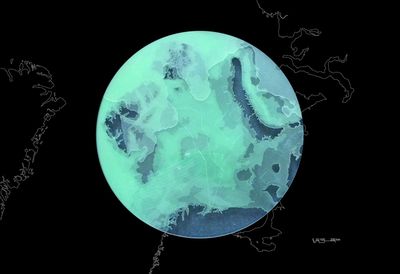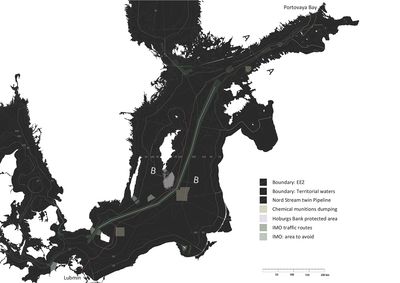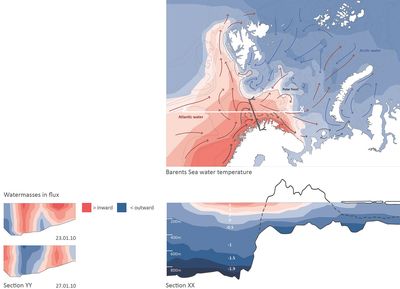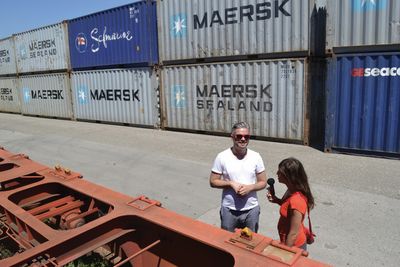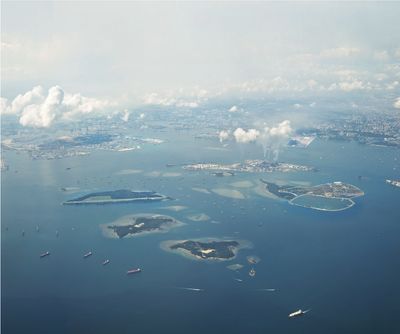Invisible Lines and Liquid Mass: the Urbanisation of the SeaNancy Couling
Urbanisation processes unfolding in ocean space display systems of order distinct from land. They exploit the ocean’s fluidity by prioritising movement and maintaining flows, they often resist territorial claims, occupy invisible sub-surface zones, are periodic and porous. Therefore they are unfamiliar in urban terms. The sea itself is a highly differentiated, contingent spatial mass. This combination represents a huge challenge to design as vast offshore areas are being occupied and planned. The lecture will discuss the properties of the urbanised ocean, drawing on examples of architectural strategies and interventions which lead to an understanding of the architect’s role in this emerging field. The urbanisation of the sea is an ongoing research project that began with the Barents Sea investigation at Professor Harry Gugger’s EPFL Laboratoire Bâle (laba). The lecture will be followed by a conversation with Professor Christian Schmid.
Nancy Couling is an architect who has recently completed her doctoral thesis The Role of Ocean Space in Contemporary Urbanization, with Professor Harry Gugger at laboratoire bâle (laba), an architecture and urban design studio of the École Polytechnique Fédérale de Lausanne (EPFL), based in Basel, Switzerland (2015). This research revealed the specificities of the ocean as an urbanised realm, using the Barents and Baltic Seas as two case-studies. At laba, Nancy Couling researched and coordinated the Barents Sea project (2011/12) for Masters students, which was published in the award-winning Barents Lessons: Teaching and Research in Architecture, co-edited with Harry Gugger and Aurelie Blanchard (Park Books, 2013). Before moving to Switzerland in 2010, Couling was founding partner of the interdisciplinary practice cet-0/cet-01 in Berlin (1995-2010) and taught in the Department of Urban Design, Chair Prof. Klaus Zillich at the Technische Universität Berlin (1999-2005) at both Bachelor and Master levels. Nancy Couling studied architecture at the University of Auckland, New Zealand, graduating with honours and later received a one-year scholarship to study at the Università Iuav di Venezia. She has also gained international experience in architecture practices in Italy, Germany, Hong Kong, and Australia.
